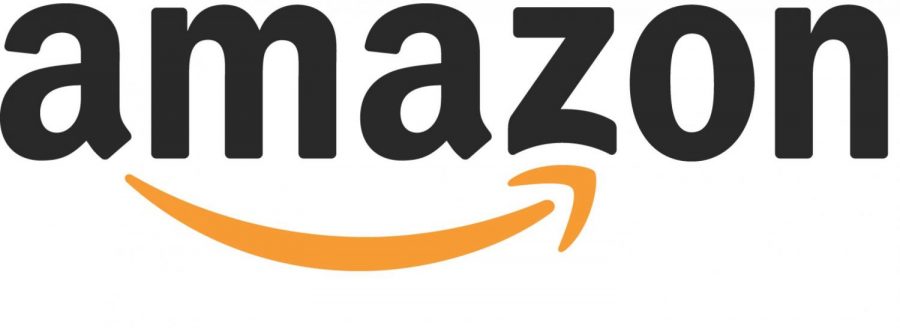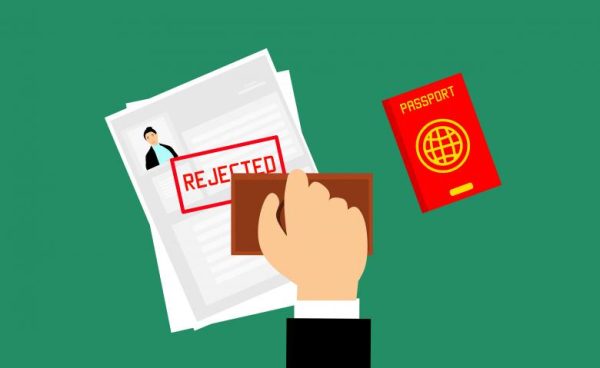Is Amazon too big?
A closer look inside the e-commerce giant
The deal between Whole Foods and Amazon became official in August. The first order of business? Cut prices at the high-end grocery store by 43 percent, sending a huge shockwave throughout the $800 billion supermarket industry, and to competitors like Walmart and Costco. Many investors and consumers alike are thinking the same thing: Has Amazon finally violated an anti-trust law and seized control of too much of the retail market?
“The way you look at anti-trust violations is you worry about if a single company owns such a large percentage of the market or has such a large influence over a particular market that they kind of control things,” said Ron Lazebnik, an associate clinical professor at Fordham University School of Law. “It’s certainly possible that as Amazon grows, they gain a large enough percentage of the food supplying market such that they might be in a position where they have monopolistic behavior they have to be careful of.”
At the moment, Amazon seems safe. Their purchase of Whole Foods hasn’t impacted large companies like Walmart or Target, but it seems to seriously affect mom-and-pop stores and local farms. Amazon’s strategy is to lower the prices of its products almost to the point where it loses money by selling said product at that price. Massive corporations can handle this price gouging to a point, but local stores can’t. In the end, consumers will pick the lower price, regardless of who owns the store.
“It’s not really clear how Amazon will be able to decrease the cost of produce too significantly, because at the end of the day they need to be able to return a profit on things also. The question is whether Amazon’s already existing platforms lets it distribute the food more efficiently, such that it can decrease the cost to Amazon. That might hurt other competitors that can’t do the same,” Lazebnik said.
Unfortunately, Walmart is still lacking in that department.
Amazon Prime, which costs $99 annually, doesn’t just include free two-day shipping. It also includes access to Prime Video, Music, Amazon Fresh, Prime Reading, etc. The list of benefits is almost endless, and it’s clear that Walmart simply cannot compete with free two-day shipping.
“From my experience, companies that start in the digital world and slowly and surely add offline have been more successful than companies that started in the offline world and added digital,” David Bell, a marketing professor at the Wharton School of the University of Pennsylvania, says.
But compared to Walmart’s 4,700 stores and 1.4 million employees, Amazon has a minuscule 460 Whole Foods stores and about 87,000 employees. But growth also plays a large factor; Walmart’s sales only rose about 1 percent, while Amazon’s rose a massive 27 percent — about $40 billion more in just a year.
But this doesn’t mean Amazon is violating any anti-trust laws. It just means they want to expand at a rapid pace while Walmart sits back and doesn’t try to fix something that isn’t broken. It seems to be working. According to MarketWatch, Walmart’s stock has risen about 5 percent in the past three months. Amazon’s has risen 0.03 percent.
Regardless, Wall Street still isn’t helping Walmart. According to an article published by UPenn, Amazon has a very successful business model and a CEO who will isn’t afraid to innovate and doesn’t make mistakes often.
“The market has been giving Jeff Bezos a lot of room to do what he feels is in the long-term best interest [of the company] and they’re not punishing him if he has short-term uses for his capital that don’t go to the bottom line right away,” said Leonard Lodish, an emeritus Wharton marketing professor.
Walmart, on the other hand, is countering with testing a service that will allow delivery of food directly into people’s fridge, according to Barrons. At the moment, it still seems unclear whether it will leave the testing phase and actually reach the market or not.
This seems like a great idea on paper, but in practice, it seems impossible. It would require an incredible amount of manpower — people to collect the groceries, drive the trucks, put the groceries in the fridge, customer service if something goes wrong, and so forth.
What would the time frame be for me to order groceries? Would I be able to put in an order in the morning and receive it that night, or would it take a week? If the delivery person steals something from my home, how would I get it back or receive compensation?
There are too many questions to answer, and in the end, Amazon already has a stake in that market with Amazon Fresh and Amazon Pantry. Walmart is trying to get a hold of a market that has been established by the company they’re trying to compete against. It doesn’t make any sense.
Whether or not Amazon has violated anti-trust laws, it will be difficult for the U.S. government to regulate it and other massive corporations. The government can’t apply anti-trust laws retroactively, so it will have to create new laws that try to regulate corporations’ current actions. It won’t be easy due to lobbying from big business.
Amazon is going to use powerful lobbying efforts to combat government regulation and other major corporations will certainly follow suit because less regulation means more profit. Congress should resist such lobbying efforts, since politicians should be as concerned about protecting consumers as they are about their campaign coffers. America shouldn’t return to the Gilded Age of the Rockefellers and Carnegies, but we are certainly moving towards it.
There are options for Amazon if it does become too big.
“It might choose to do what Google did and restructure itself into Alphabet, which owns various smaller companies. A company like GE, one of the oldest companies on the stock exchange has many subsidiaries and they seem to do fine, but on occasion will sell something off, like when they sold NBC to Comcast,” Lazebnik said. “The larger you are, the more willing you are to sell off aspects of your company that aren’t doing well.”
At the moment, it doesn’t seem like Amazon is ready or willing to sell off any part of itself anytime soon.
Email Harry at [email protected] or follow him on Twitter @harry_ortof.

Email Harry at [email protected], or follow him on Twitter @HarryOrtof











